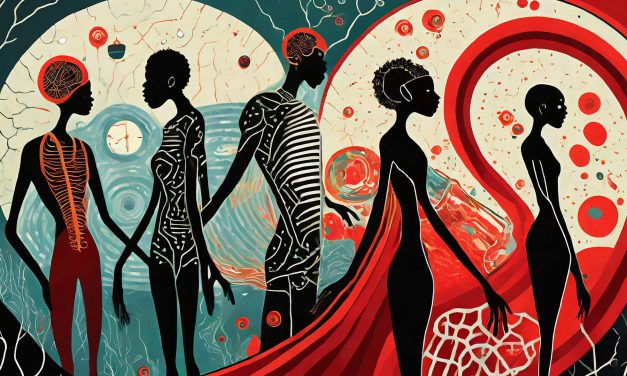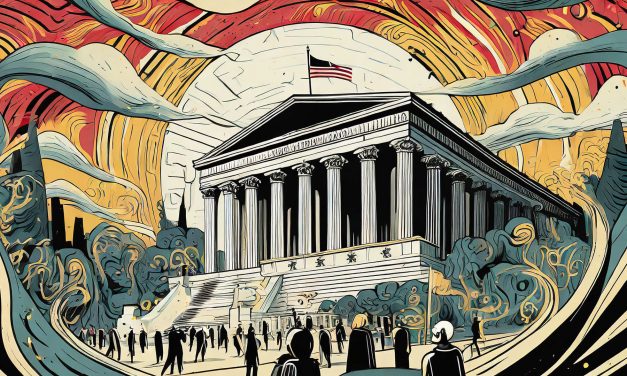Macintosh at 40: Apple launched a technology revolution with an innovation of the user experience
By Jacob O. Wobbrock, Professor of Information, University of Washington Technology innovation requires solving hard technical problems, right? Well, yes. And no. As the Apple Macintosh turns 40, what began as Apple prioritizing the squishy concept of “user experience” in its 1984 flagship product is, today, clearly vindicated by its blockbuster products since. It turns out that designing for usability, efficiency, accessibility, elegance and delight pays off. Apple’s market capitalization is now over US$2.8 trillion, and its brand is every bit associated with the term “design” as the best New York or Milan fashion houses are. Apple turned technology...
Read More
















